Soybean Planting Playbook
This episode covers soybean planting in both conventional and no-till systems, seeding rate adjustments, weed control strategies, and how last fall’s dry harvest may impact seed quality.
2024 Soybean Disease Loss Estimates from the United States and Ontario, Canada
The latest report from Crop Protection Network estimates 2024 soybean yield losses from diseases across major U.S. soybean states and Ontario, Canada, including losses from foliar diseases, stem diseases, nematodes, seedling blights and grain diseases.
Why Were Carbon Markets in Agriculture Developed?
Ashley Haddon explores the origins of carbon markets in agriculture and examines how shifting political dynamics are influencing their future.
Soybean Seeding Rate: How Low Can You Go?
Fine-tuning soybean seeding rates can maximize yield potential while balancing costs—Stephanie Porter, CCA, shares what factors to consider before making your final decision.
From Farm to Filtration: A Tour of Conservation in Action
This conservation tour will look at how drainage tile impacts water quality, how cover crops play a role in nutrient runoff management, the role that wetlands can play in limiting nutrient runoff, and the cost associated with treating nutrients in the water.
Midwest Weather Trends: What’s in Store for Spring?
Kelsey Litchfield and Matt Reardon break down Midwest weather trends, spring forecasts, and severe storm patterns on the Field Advisor podcast.
Topple Weeds with a PRE-POST Combo
Illinois Soybean checkoff funded research shows that a preemergence and a postemergence herbicide combination provided the best weed control outcome for early planted soybean.
A Reminder about 2,4-D Formulations
Dr. Aaron Hager provides important information on 2,4-D herbicide application for growers and applicators.
Soybean Double-Crop Systems Can Be Improved with Earlier Maturing Wheat Varieties
Dr. Jessica Rutkoski is studying wheat varieties to enhance productivity in double-crop systems, enable earlier soybean planting, and improve wheat maturity classification.
Crop Protection Network: 10 Years of Extension
Daren Mueller provides an overview of the Crop Protection Network and its farmer-focused tools, along with information on fungicide stewardship and soybean diseases.

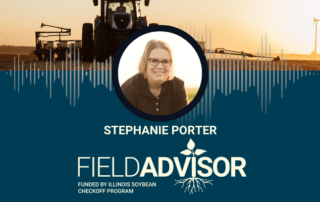
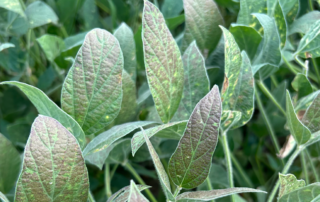
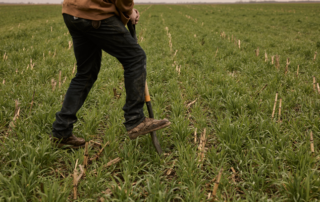

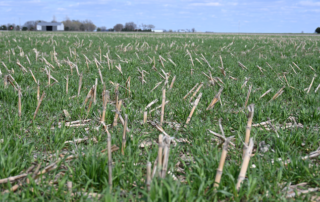
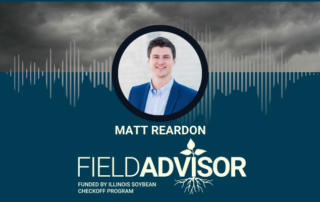
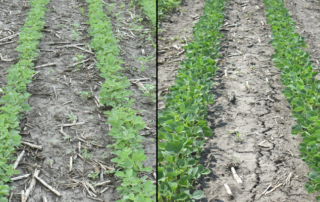
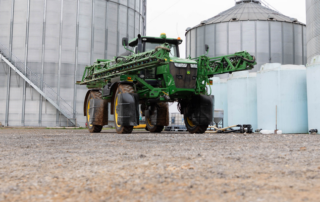
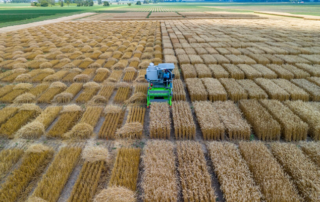
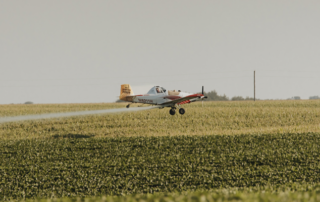

 and then
and then